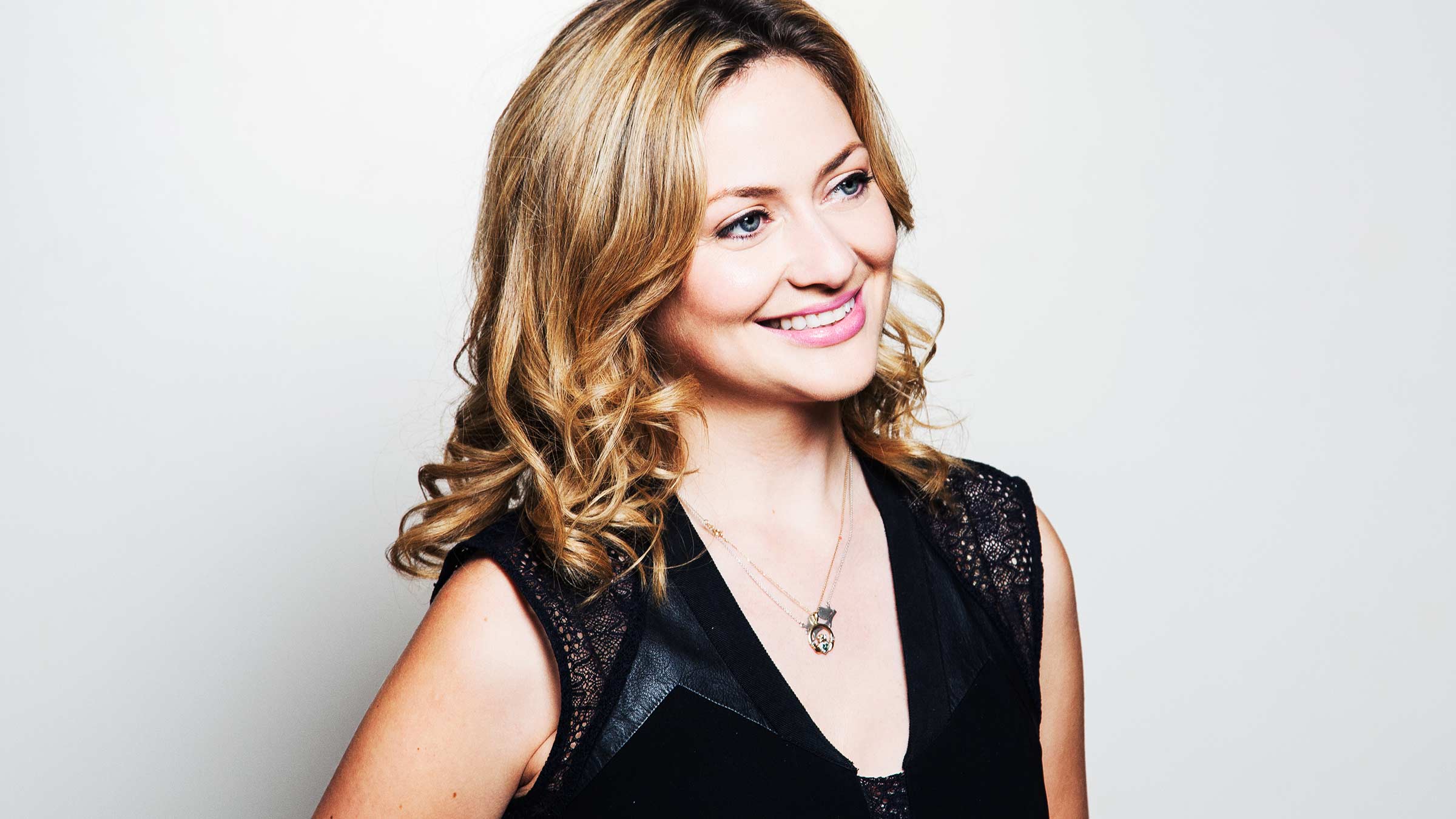I love using apps, particularly Instagram and Twitter – but I have never had any idea how they work. Nor did I ever expect to find out. And yet, with the help of a business called Decoded, last week I built a web app from scratch in just one day. Much to my joy, we quickly learnt that the first ever computer programmer was a woman! Ada Lovelace, daughter of Lord Byron, wrote the first algorithm intended for a machine in the 1840s. A century later, Grace Hopper – a rear admiral in the US Navy – advanced the mission when she invented the first compiler, a machine that translated more natural human language into computer code.
Today, Decoded co-founder Kathryn Parsons has picked up the mantle. You’ve probably seen Kathryn’s name before; just last weekend she was behind a “Learn to code in a day” supplement in The Sunday Times. The company’s strapline is “digital enlightenment” and she’s on a mission: she wants anyone and everyone to learn to code.
Decoded is based in Shoreditch – where else? – in state-of-the-art offices with fabulous furniture, a well-stocked Smeg fridge and healthy meals made on-site by a talented young chef. It boasts offices in London, New York and Sydney and frequently pops up all over the world. I am just one amongst 10,762 alumni, and Decoded’s profile is steadily rising. Young, sociable and perfectly comfortable with techies and seasoned executives alike, Kathryn debunks many of the myths about coders.
As did my fellow students, who came from as far as New Zealand and represented a broad range of industries, from consumer electronics to banking to the music business – a testament to how accessible coding can and should be. But when asked what we hoped to get out of the day, a common theme united us all. We operate in a changing world, and the more we ‘get it’, the better we can deal with it. We all sought digital enlightenment. An advertising executive from Madrid put it well: he said he was twice out of his comfort zone, from Spanish to English to code. Working with blue-chip consumer brands, he has long had to talk the talk in digital; now he has some idea how to walk the walk too.
Once you start to look into the world of coding, you discover what an open, collaborative and accessible world it really is. Much of what we used is freely available on the internet, in open-source libraries that constantly evolve thanks to developers who give up their time for the benefit of all. This allows people to focus on elements that will have the greatest impact. They call it standing on the shoulders of giants, and even large companies like Facebook contribute.
In just one day we each built a bespoke web app, writing our own HTML, creative style sheets (CSS) and JavaScript. None of us can expect a call from Google any time soon, but we did come away better equipped to deal with developers and with greater understanding of the technology that powers almost everything we do these days.
I am so grateful to Kathryn and her brilliant team for lifting the lid on what seemed a closed and esoteric world. And with an estimated 95% of the population unable to code, I’m sure we’ll see plenty more of Decoded in years to come. Let me know if you might take the plunge at moira@thembsgroup.co.uk and have a fantastic weekend!








